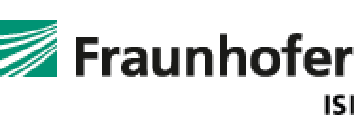Odyssee-Mure policy briefs aim at providing short analysis on energy efficiency evaluation in the EU. They are organized by sector: cross cutting, industry, buildings, and transport. For each sector, one brief will be dedicated to present energy efficiency trends while the others will present best practices in energy efficiency policy.
Cross cuttingIndustryBuildingsTransport
Cross cutting
Industry
Buildings
Archives Buildings |
Measuring and monitoring energy poverty in the EU - examples of good practicesApril 2022 |
Incentives and energy poverty in EUOctober 2021 |
Energy Poverty in the EUJuly 2021 |
Energy efficiency trends in buildings in the EUJune 2021 |
Fuel poverty and energy efficiency in EUFebruary 2021 |
Energy renovation of buildings in Spain and the EUJanuary 2021 |





